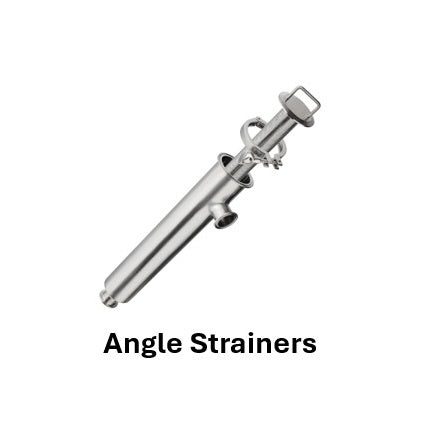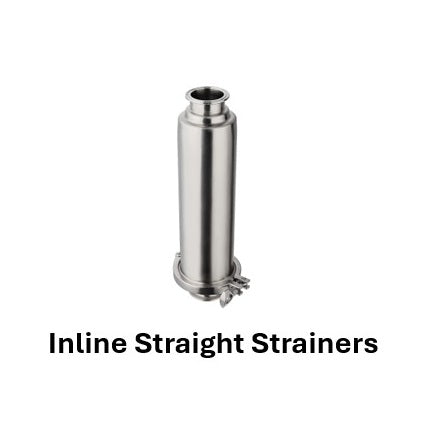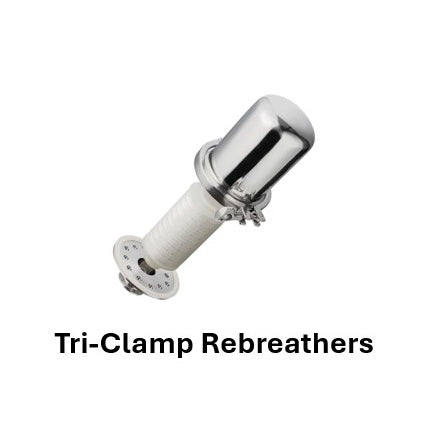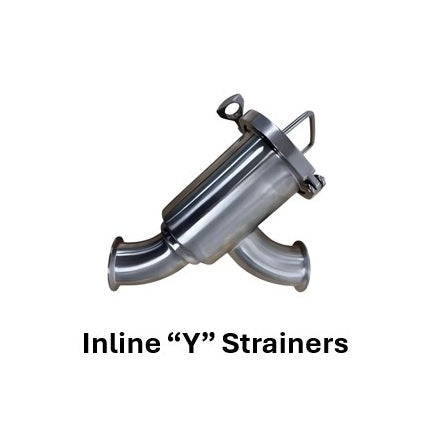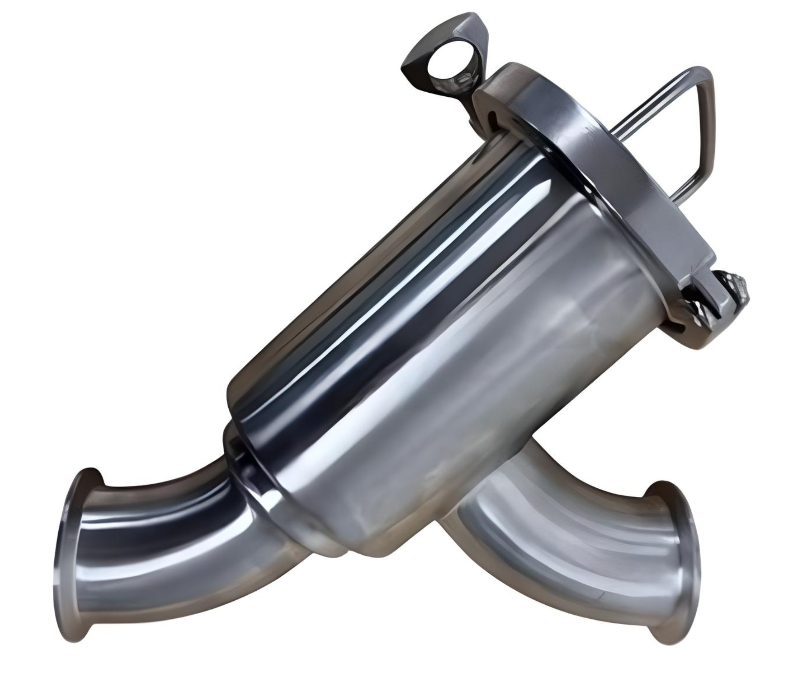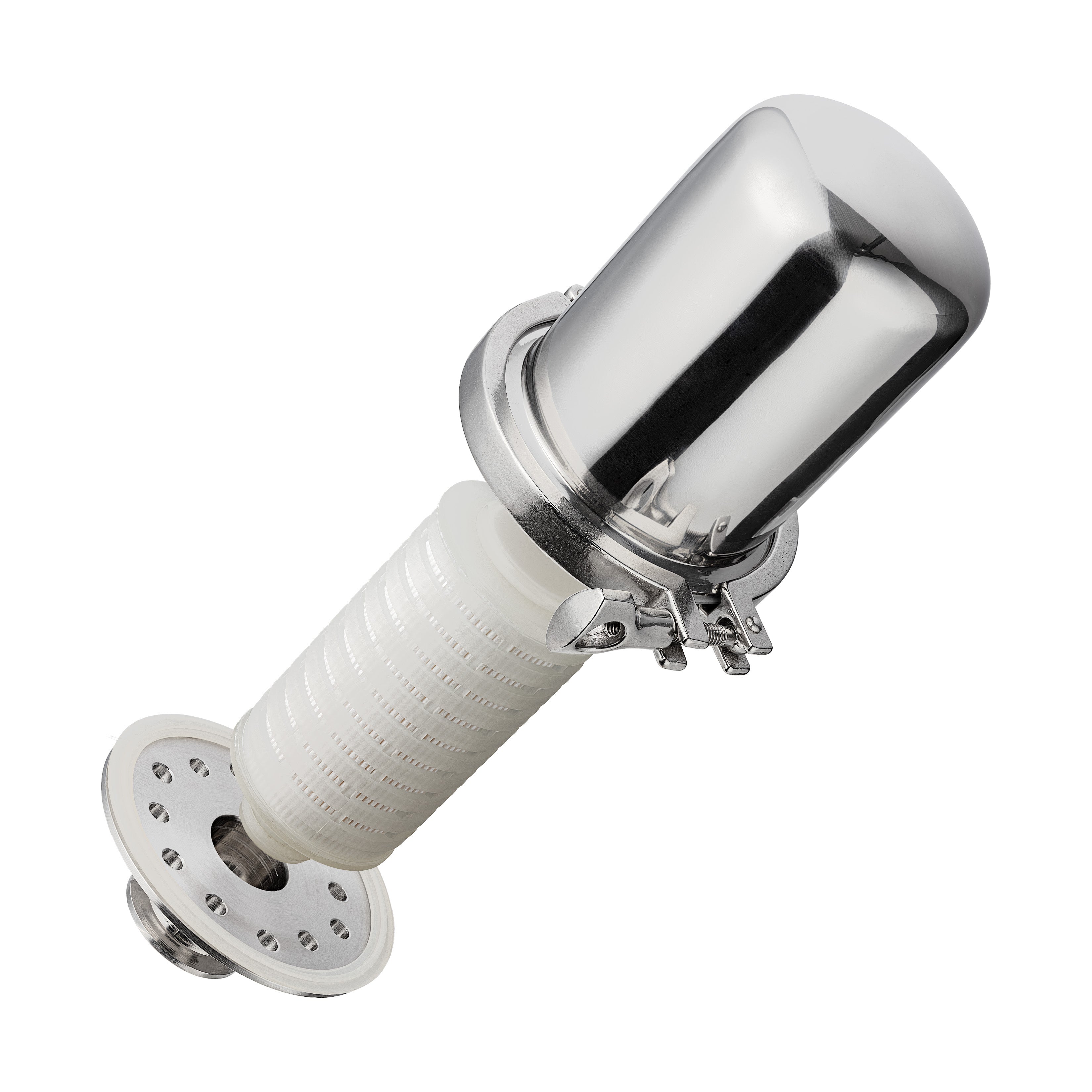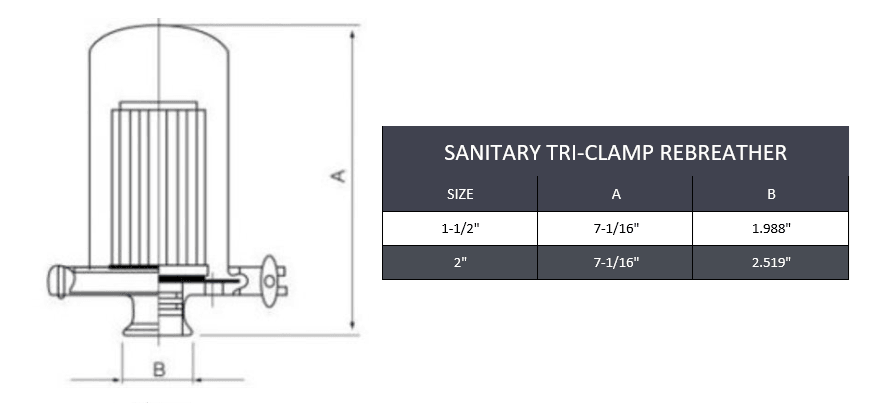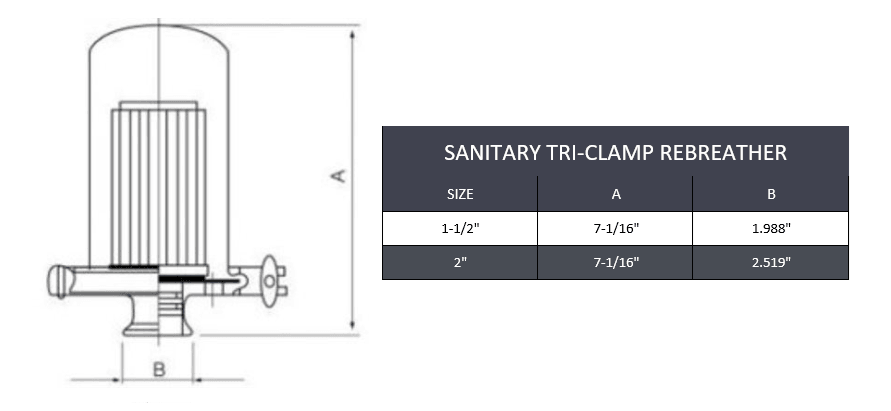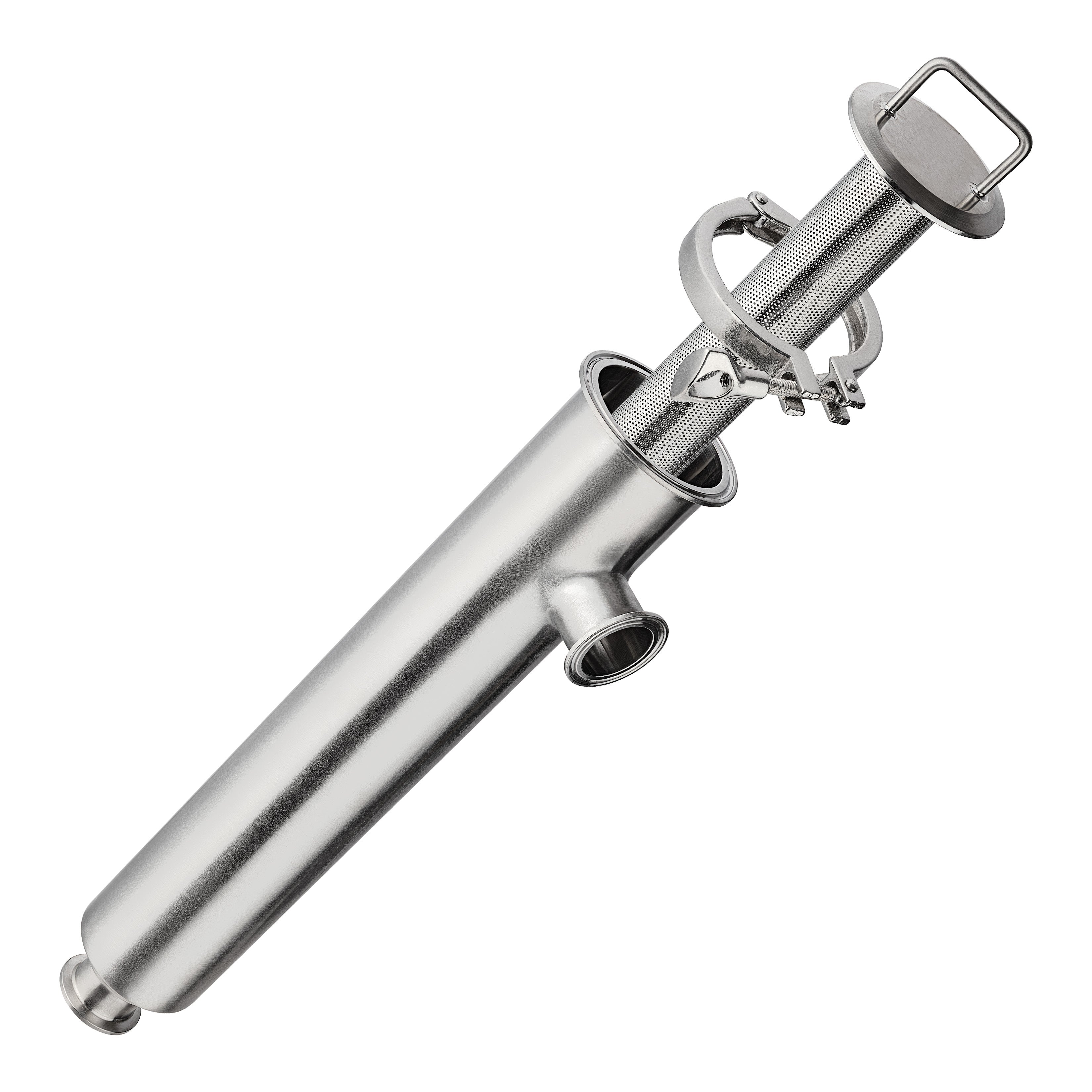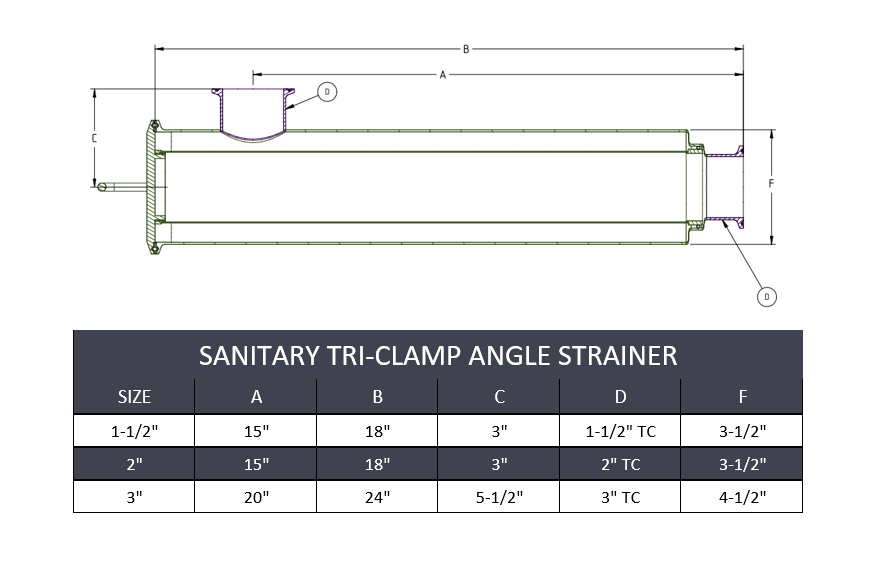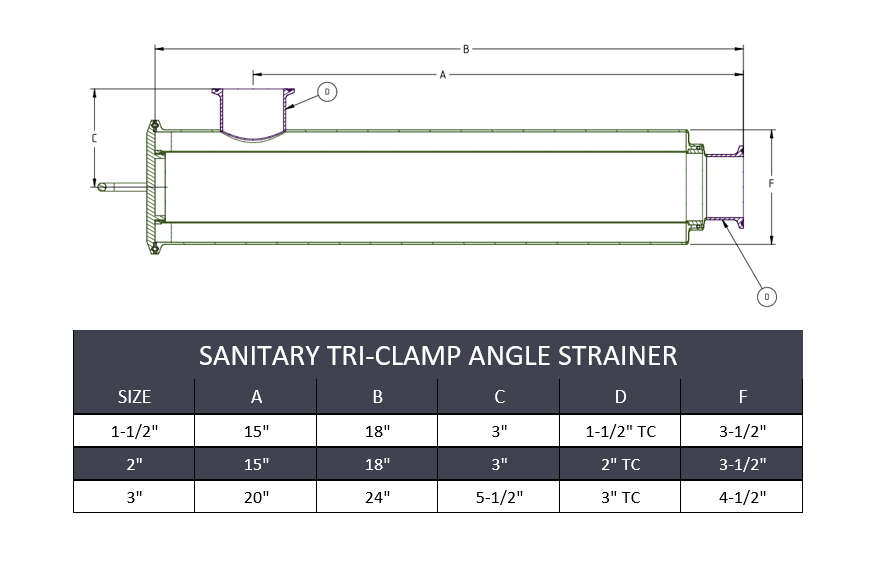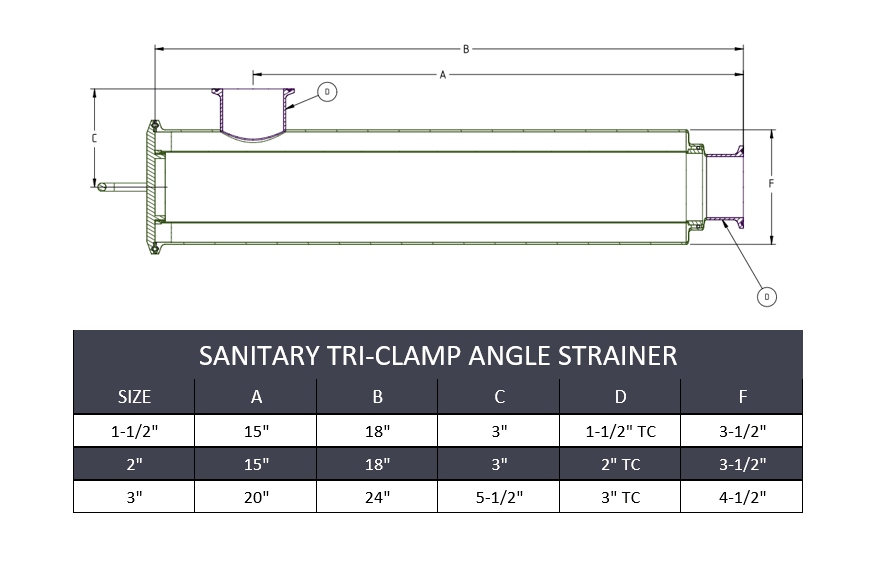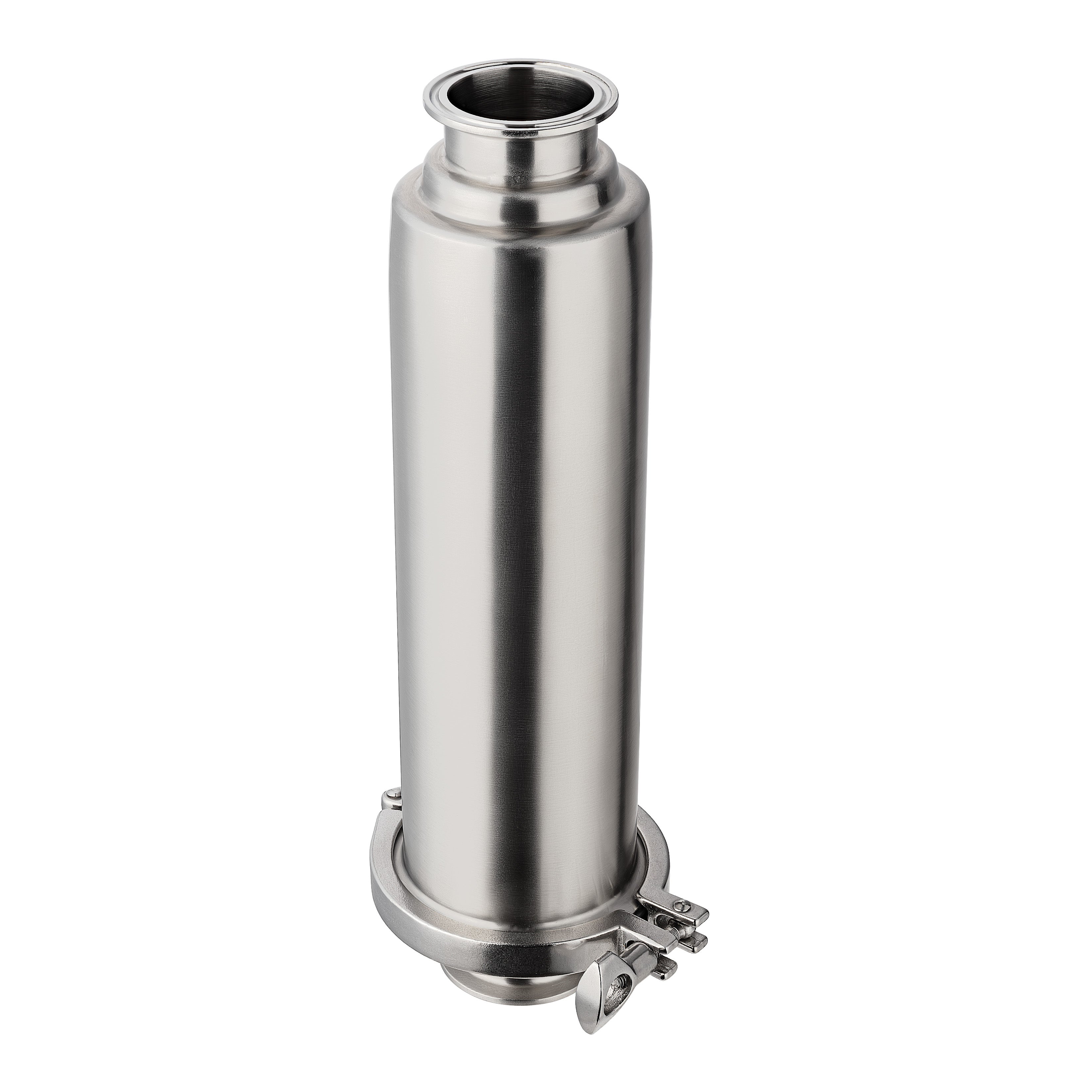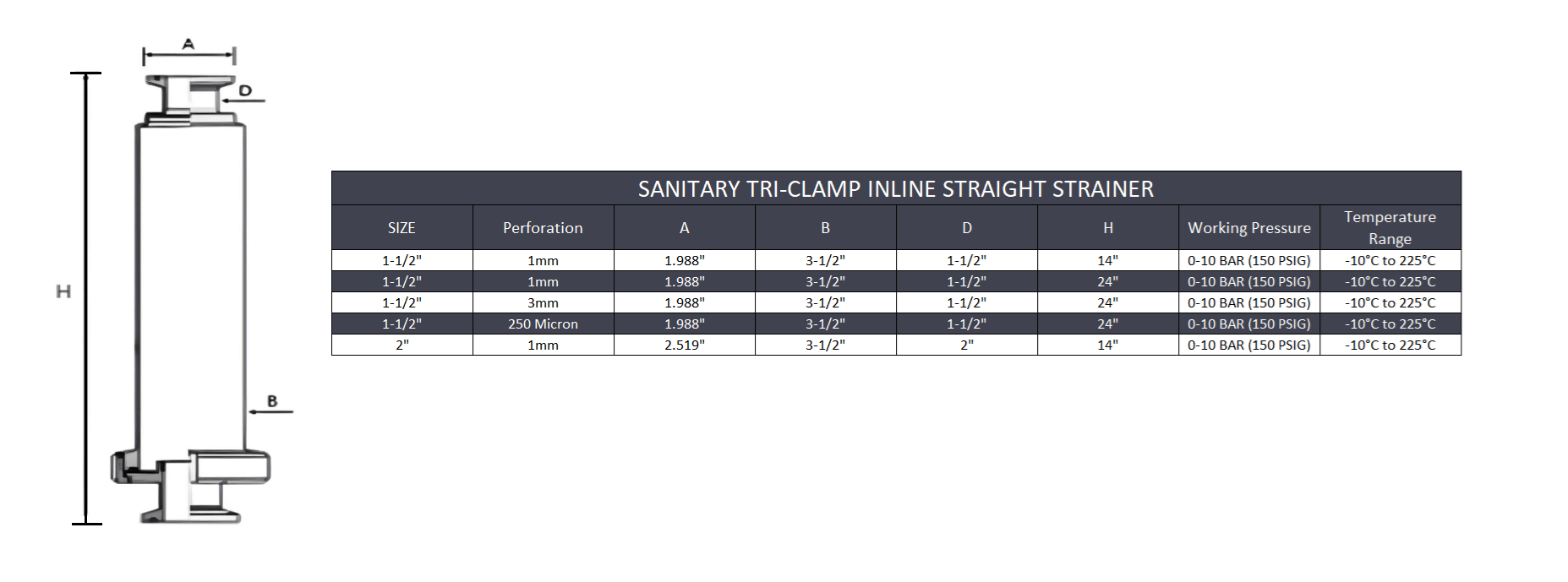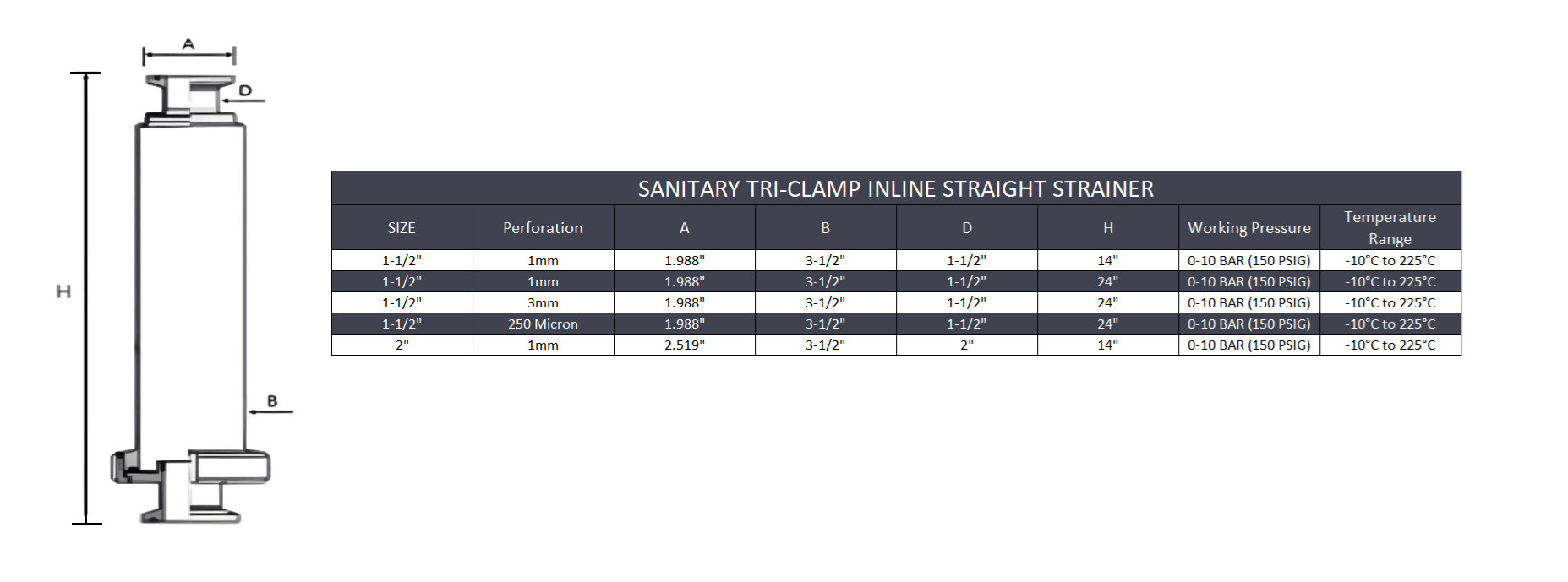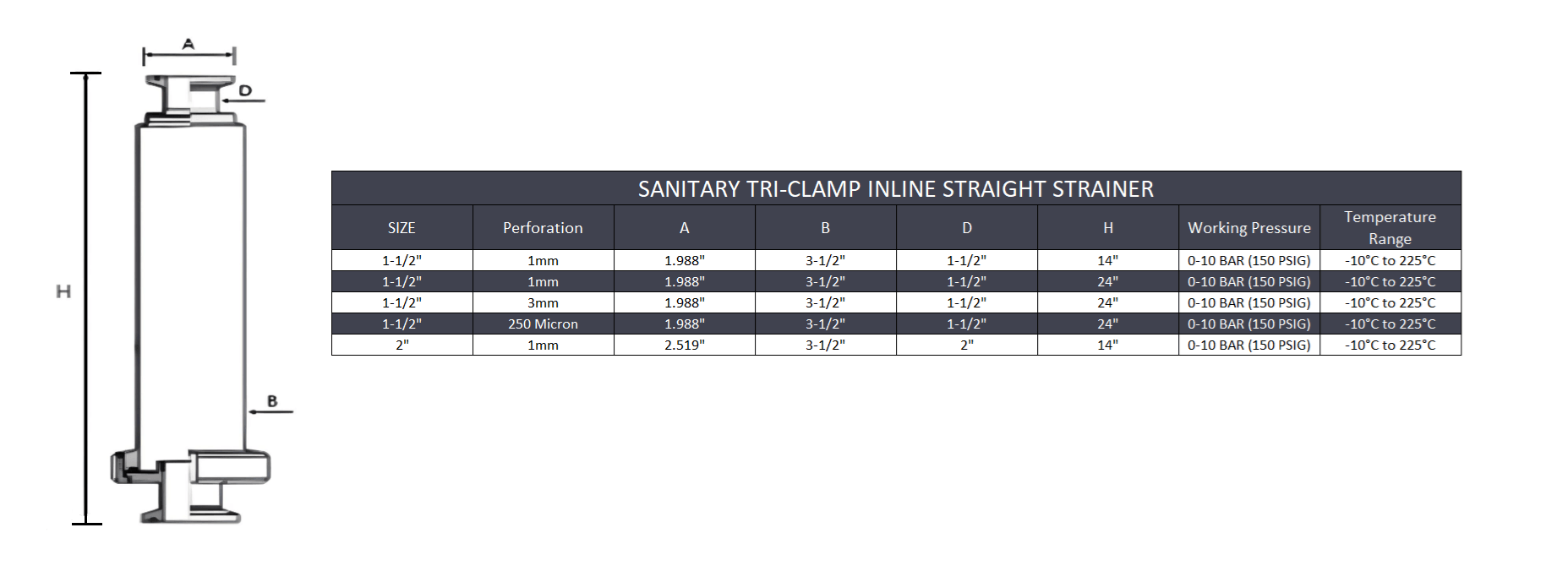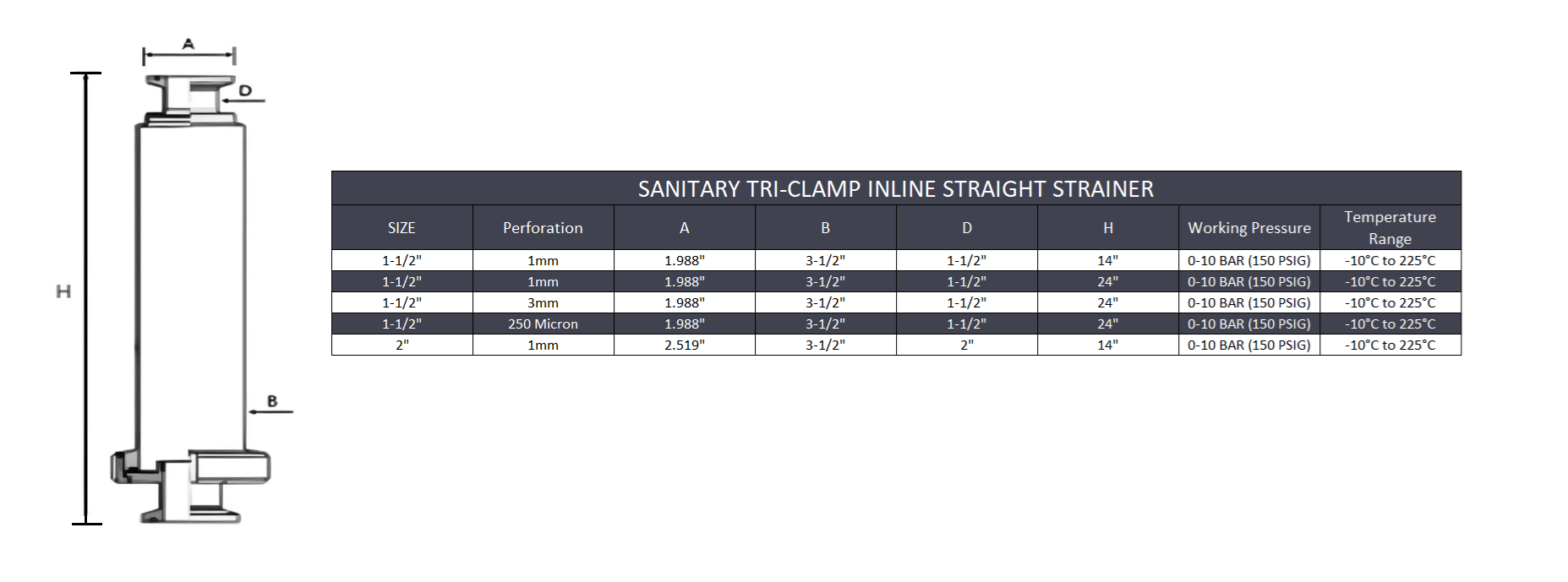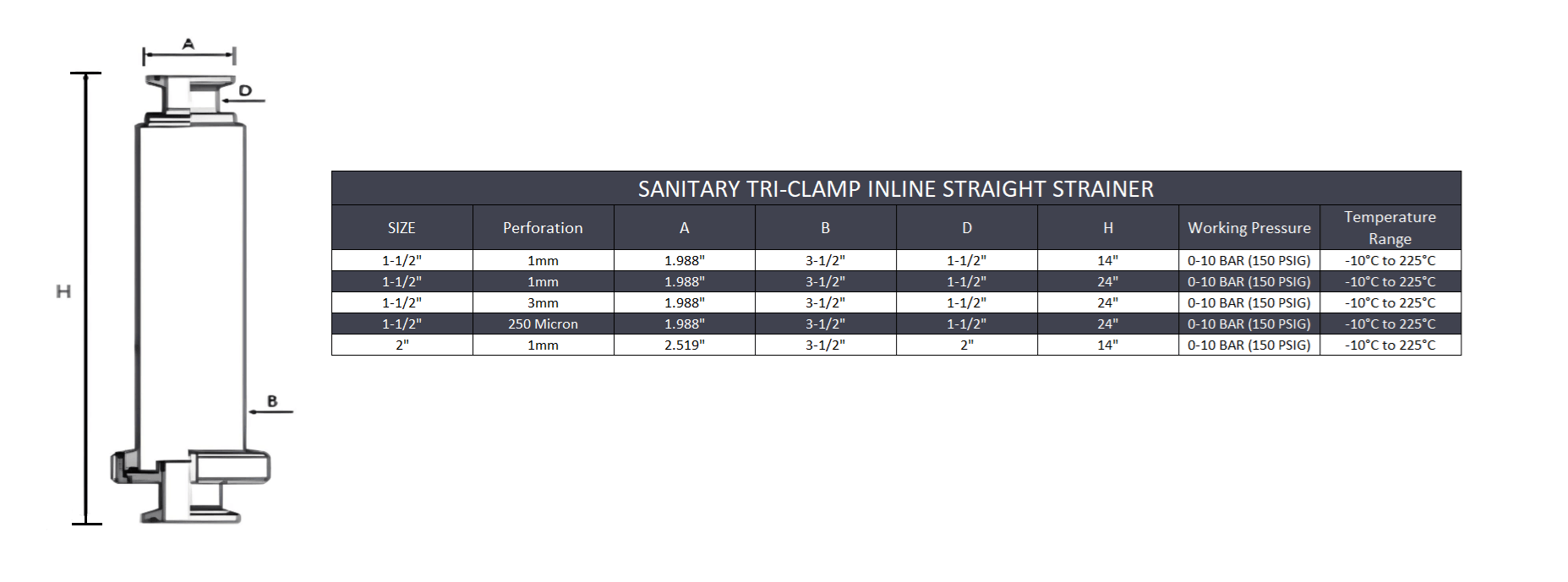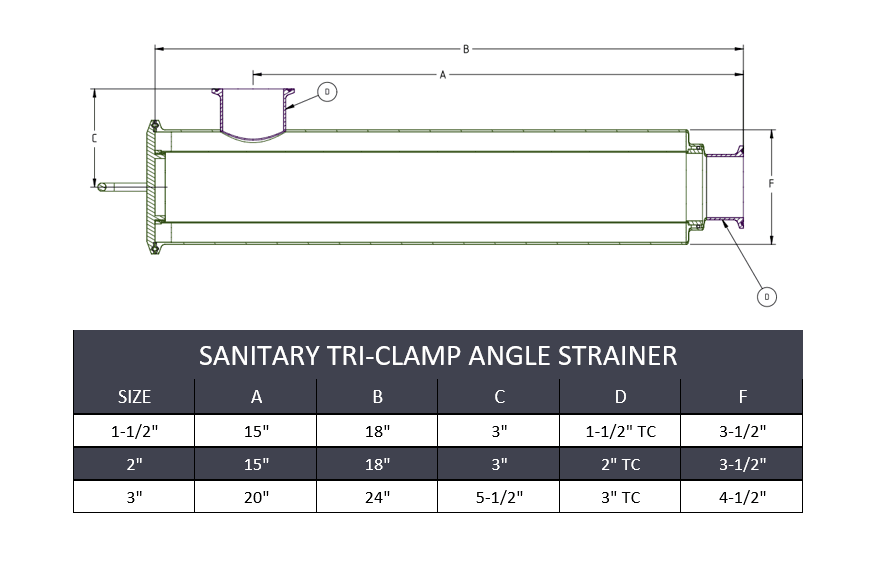Frequently Asked Questions
Strainers are devices used to remove unwanted particles, debris, and impurities from liquids or gases. They consist of a perforated or mesh filter element that traps solid contaminants while allowing the clean fluid to pass through. Strainers are essential components in many industrial processes, helping to protect equipment, improve efficiency, and ensure product quality.
Strainers are used in a wide range of applications across various industries, including:
- Food and Beverage: To remove solids and impurities from liquids during processing, ensuring product purity and quality.
- Pharmaceuticals: To filter liquids and gases used in drug manufacturing, maintaining sterile conditions and preventing contamination.
- Chemical Processing: To protect pumps, valves, and other equipment from damage caused by solid particles in the fluid.
- Water Treatment: To remove debris and contaminants from water in treatment plants, ensuring clean and safe water supply.
- Oil and Gas: To filter crude oil, natural gas, and other fluids, preventing equipment damage and maintaining process efficiency.
- HVAC Systems: To filter out impurities from air and water in heating, ventilation, and air conditioning systems.
Their ability to efficiently remove contaminants makes strainers critical for maintaining the integrity and performance of various industrial processes.
Strainers work by using a perforated or mesh filter element to capture and remove solid particles from a fluid stream. Here’s how they function:
- Flow Direction: The fluid enters the strainer and flows through the filter element, which is typically made of metal or synthetic mesh.
- Filtration: As the fluid passes through the filter element, solid particles and debris are trapped on the surface or within the mesh, while the clean fluid continues to flow through.
- Collection: The trapped contaminants accumulate in the strainer until they are removed during maintenance.
- Maintenance: The strainer is periodically cleaned or replaced to ensure optimal performance and prevent clogging.
This simple yet effective filtration process helps maintain clean and efficient fluid systems in various applications.
Strainers are manufactured using high-quality materials and precise engineering to ensure durability and reliability. The typical manufacturing process involves:
- Material Selection: High-quality materials such as stainless steel, brass, or synthetic polymers are chosen for their strength, corrosion resistance, and suitability for the specific application.
- Fabrication: The filter element is fabricated by perforating or weaving the material into the desired mesh size and shape.
- Assembly: The filter element is assembled into a housing that directs the fluid flow through the strainer.
- Testing: Each strainer undergoes rigorous testing to ensure it meets industry standards for filtration efficiency, pressure resistance, and durability.
- Finishing: The strainer is finished with coatings or treatments to enhance its performance and longevity.
This meticulous manufacturing process ensures that our strainers provide reliable and efficient filtration for your industrial applications.

